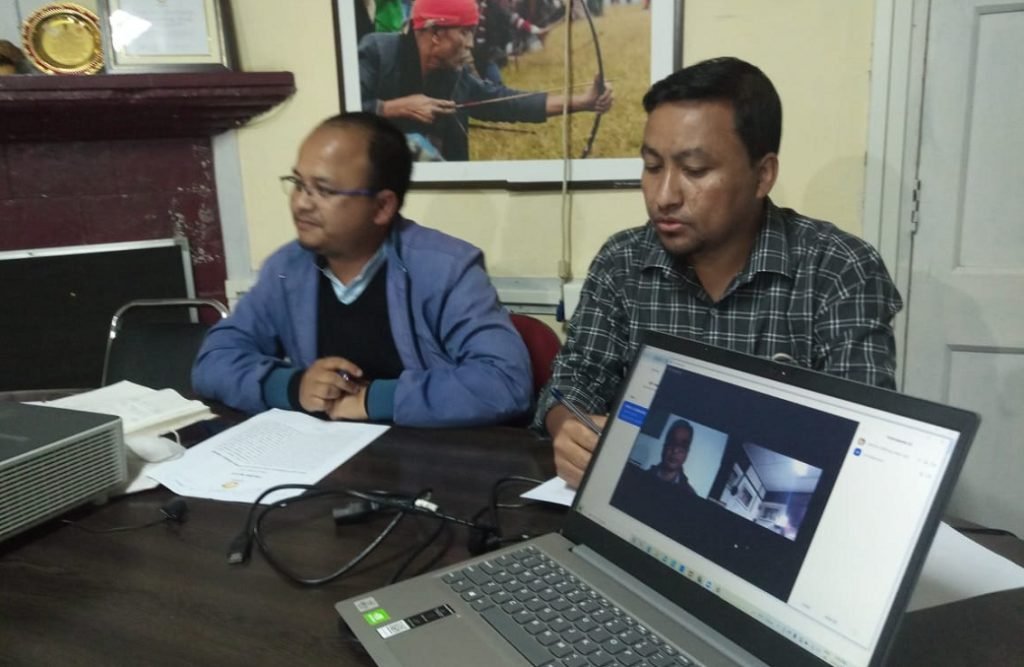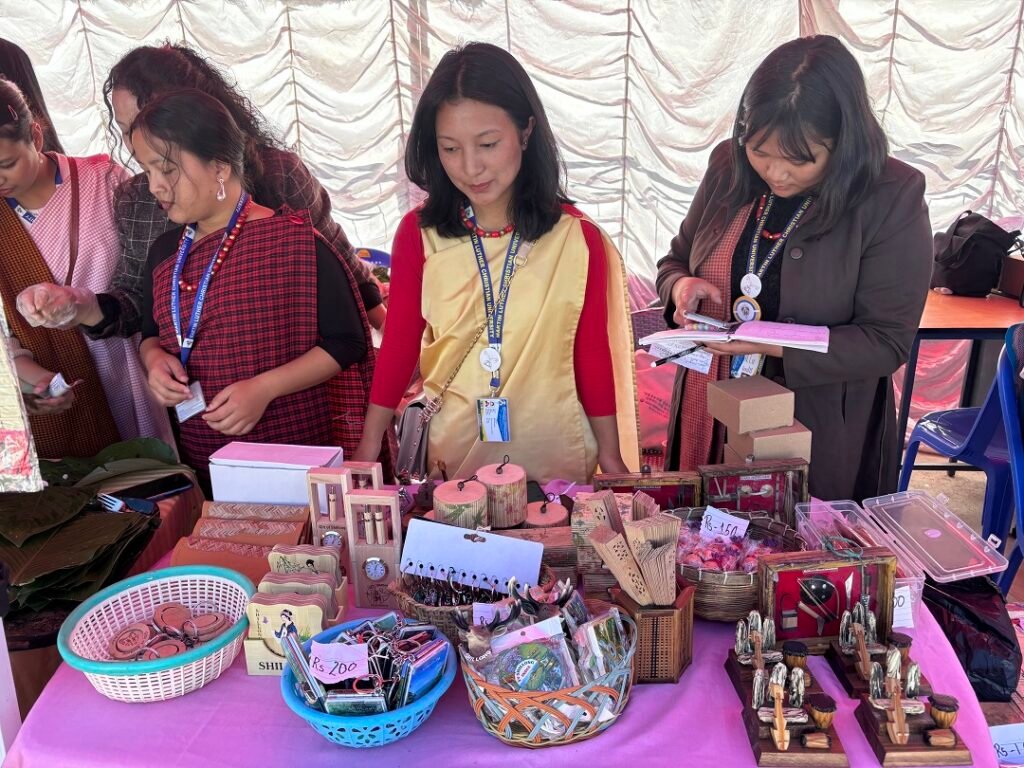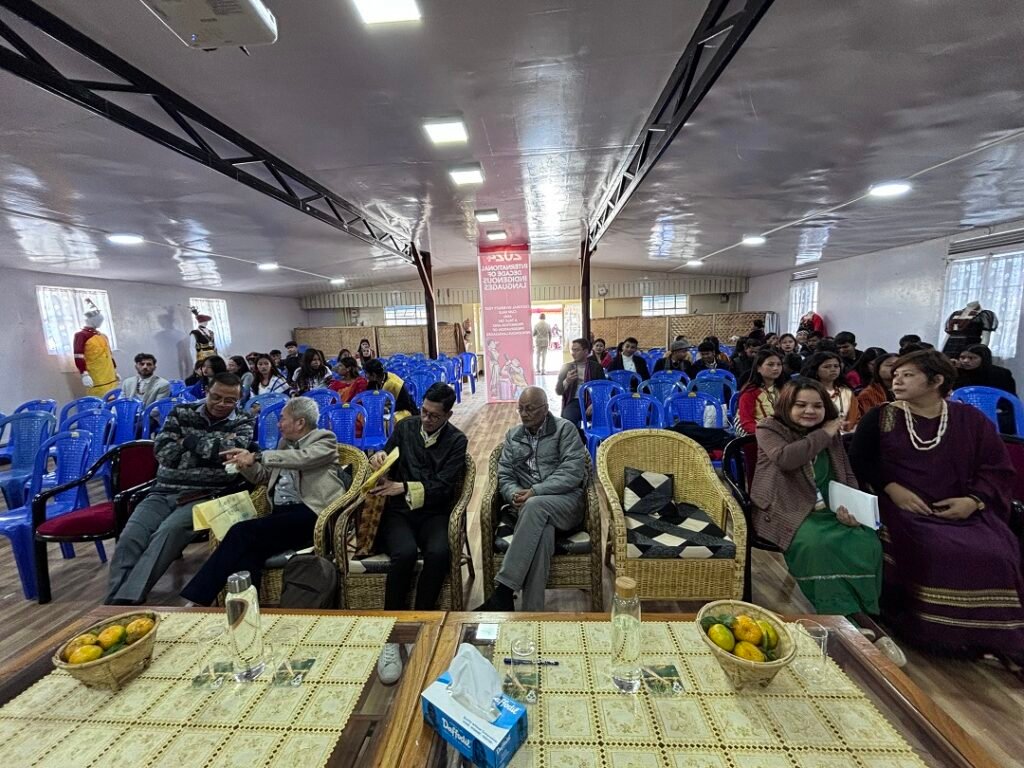Shillong, Oct 22: The North East Slow Food Agrobiodiversity Society (NESFAS) on Friday said that Jhum based Indigenous Food System can combat climate change.
The NESFAS was reacting to recent report that Lok Sabha, MP from Shillong Vincent H. Pala was looking for an alternative to Jhum cultivation during his visit to the COP26 conference at Glasgow, Scotland.
NESFAS stated that they were disappointed to learn that Pala, intends to raise the impacts of Jhum cultivation among other issues when he attends the parliamentary meeting at the COP26.
It pointed out that a month ago, the publication entitled ‘Indigenous Peoples’ food systems: Insights on sustainability and resilience from the front line of climate change’ which had a case study of the food system in Nongtraw, East Khasi Hills, based on jhum/shifting cultivation.
NESFAS stated that the study found that based on the methodology adopted for assessing resilience to Climate Change the food system in Nongtraw was found to be resilient in 10 out of the 13 indicators.
“In other words Jhum based food system is highly resilient to climate change,†NESFAS stated.
The statement also added that recently, NESFAS conducted a Household Food Insecurity Access Scale Survey (FHIAS) in 18 villages of Meghalaya and Nagaland whose food system is based on jhum.
It was found out that moderate and severe food insecurity was found to be only 11 percent while the corresponding number for South Asia was 43 percent.
NESFAS stated that replacement of shifting cultivation with settled agriculture leads to depletion of forest cover, ecosystems services and therefore, compromises national and global capabilities for carbon sequestration and mitigating climate change.
Also replacement of shifting cultivation with settled agriculture also leads to insecurity of tenure and consequently, landlessness. Which according to NESFAS often becomes the underlying causes for social unrest and insurgencies.
“The MP therefore may want to update his position and rethink on his arguments calling for replacement of shifting cultivation – such a move will actually add to global warming rather than mitigate it,†NESFAS stated.
Meanwhile, NESFAS chairperson Phrang Roy has been invited to speak in the COP26 sessions where he will be talking on the issue of supporting Indigenous Food System which includes shifting cultivation for combating climate change.



